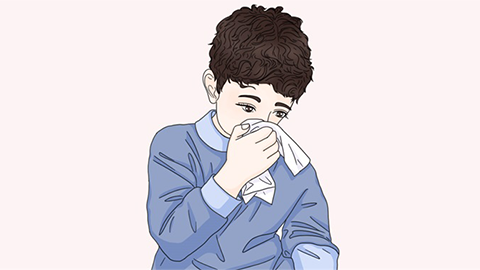How to deal with continuous sneezing caused by rhinitis
For continuous sneezing caused by rhinitis, patients can take measures such as adjusting lifestyle habits, taking oral medications, using topical medications, undergoing physical therapy, or receiving traditional Chinese medical treatments to alleviate symptoms. It is recommended that patients promptly visit a hospital and follow medical advice for treatment. Detailed analysis is as follows:

1. Adjust Lifestyle Habits
Rhinitis patients need to identify and avoid allergens. Common allergens include pollen, dust mites, and animal dander. Keeping indoor air clean, regularly cleaning furniture and bedding, and using air purifiers can effectively reduce exposure to allergens.
2. Oral Medications
Under a doctor's guidance, medications such as Cetirizine Hydrochloride Tablets, Loratadine Tablets, and Tongqiao Biyan Tablets may be used. These medications can suppress allergic reactions and relieve symptoms such as sneezing and runny nose.
3. Topical Medications
Patients can also use topical medications under medical supervision, such as Budesonide Nasal Spray, Azelastine Fluticasone Nasal Spray, and Oxymetazoline Hydrochloride Nasal Drops. These medications can reduce inflammation and swelling of the nasal mucosa, thereby alleviating symptoms such as sneezing. However, long-term use may cause side effects such as nasal dryness and nosebleeds.
4. Physical Therapy
Applying a warm towel to the nose can promote blood circulation and relieve nasal mucosal congestion and edema, thus reducing sneezing symptoms. Patients may also perform steam inhalation under medical advice; breathing in steam can moisten the nasal mucosa and help alleviate symptoms such as sneezing and nasal congestion. However, care should be taken to avoid excessively hot steam to prevent burns.
5. Traditional Chinese Medicine Treatment
According to the patient's constitution and condition, traditional Chinese medicine practitioners may prescribe specific herbal formulas primarily aimed at clearing heat and detoxifying, and promoting nasal patency and lung function, to alleviate symptoms such as sneezing, runny nose, and nasal congestion.
In daily life, it is recommended to maintain adequate sleep and a balanced diet to enhance immunity and help resist rhinitis.







